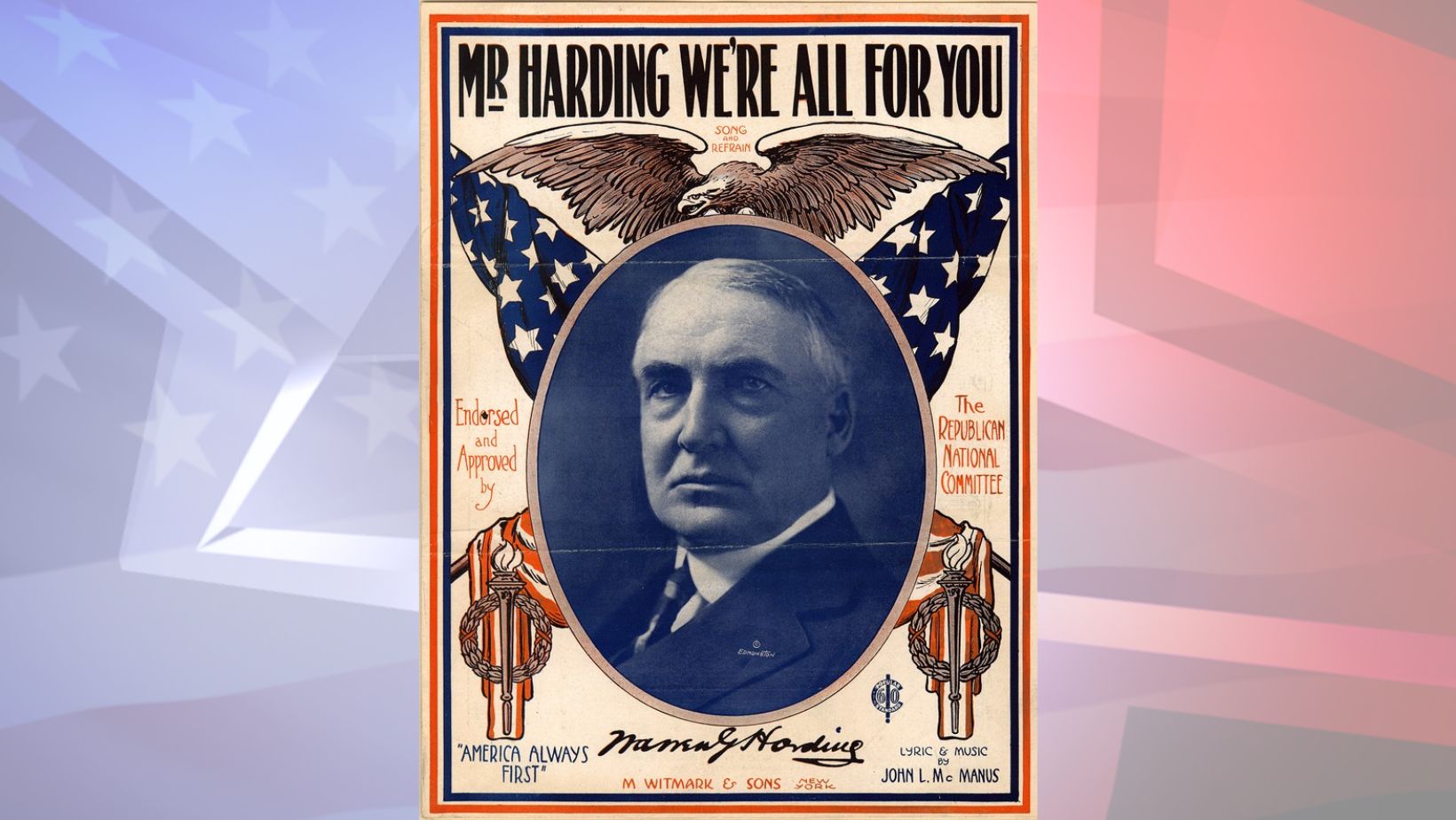U.S. News
10 Least Popular Presidents in US History
By Matt De Vlieger · January 19, 2024

James Buchanan
Buchanan (1857-1861) is often criticized for his handling of the slavery issue leading up to the Civil War. Many believe his failure to take decisive action worsened the divisions between the North and South. Library of Congress
Herbert Hoover
Hoover (1929-1933) faced widespread criticism for his handling of the Great Depression. Many blamed him for the economic downturn, and his perceived inaction contributed to his low popularity. Library of Congress
Richard Nixon
Nixon's presidency (1969-1974) ended in disgrace with the Watergate scandal. The cover-up of illegal activities eroded public trust in the presidency and led to his resignation. AFL-CIO
Andrew Johnson
Johnson (1865-1869) faced backlash for his Reconstruction policies and conflict with Congress. He narrowly avoided impeachment, contributing to his unpopularity. Library of Congress
Jimmy Carter
Carter (1977-1981) struggled with economic challenges, high inflation, and the Iran hostage crisis. These issues contributed to his low approval ratings during his term.In recent years, Carter is actually viewed in a more positive light. Ronald Regan associates have admitted to negotiating the delay of US hostages in Iran to hurt Carter. He has remained a respected world figure on political and human rights. Carter for President

Warren G. Harding
Harding's presidency (1921-1923) was marred by corruption scandals such as the Teapot Dome scandal, which eroded public trust and damaged his legacy. Duke University
Lyndon B. Johnson
Johnson's presidency (1963-1969), although it brought advances in civil rights, was marred by the Vietnam War, and his handling of the conflict led to widespread protests and declining popularity. Democratic National Committee
Calvin Coolidge
While not as unpopular as some, Coolidge (1923-1929) faced criticism for his laissez-faire approach to the economy, which some argue contributed to the Great Depression. Wisconsin Historical Society
Gerald Ford
Ford inherited the presidency after Nixon's resignation (1974-1977) and faced challenges such as economic issues and the fallout from the pardon of Nixon, which led to decreased public support. The President Ford Committee